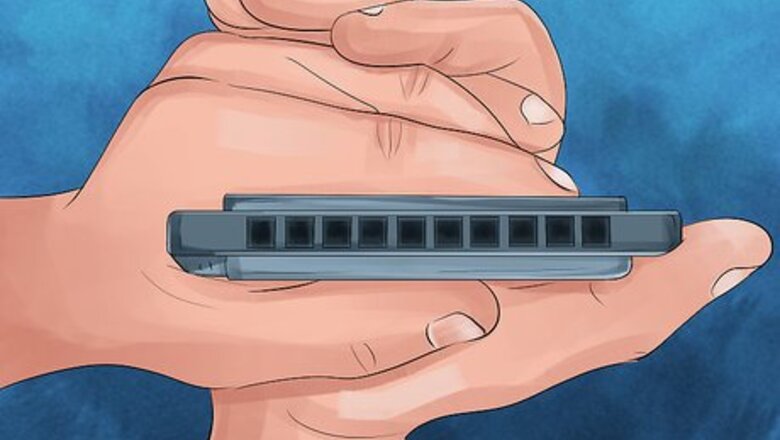
views
X
Research source
Though master mouth organists take years to hone their craft, harmonicas are simple enough that anybody can pick one up and play. By knowing how to hold the instrument and manipulate your hands, you’re halfway to performing pitch-perfect notes and beautiful tunes.
Holding Your Harmonica
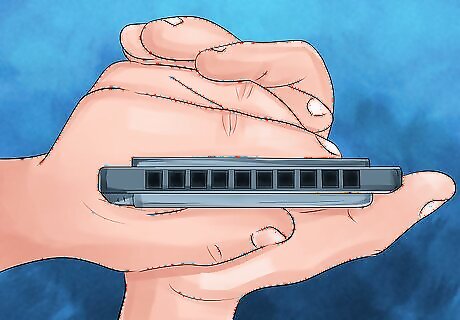
Place the harmonica between your left index finger and thumb. Hold your thumb and index finger parallel as if you were about to pinch something. Place the harmonica between the two fingers, pushing the left end inside your purlicue (the skin between the pointer finger and thumb).
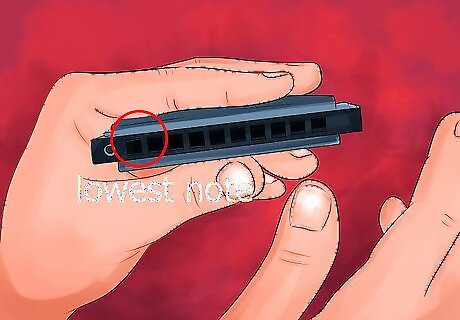
Position the instrument so its lowest note is on the left. To properly play a harmonica, make sure its lowest note is on your left side. If the notes are not engraved on the instrument’s cover plate, blow on both ends to find which side is lower.

Leave the lip of the harmonica exposed. To leave room for your mouth, make sure about half the harmonica is exposed. When blowing, keep your thumb and index finger back so you do not have trouble connecting with the instrument.
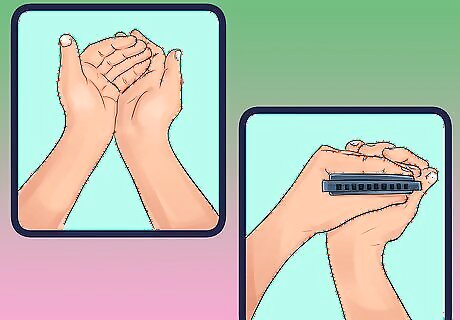
Cup your right hand around the harmonica to create an air seal. While holding your harmonica, place your hands next to each other so they are straightened out with knuckles down. Move your right hand up so the tip of your left ring finger lines up with the tip of your right pinky. From this position, roll your hands together to create a sealed air pocket between your harmonica and palms. Make sure to close large and noticeable gaps, especially at the back of your hands and around the harmonica itself. There is no way to make a complete seal using your hands, so don’t worry about tiny gaps.
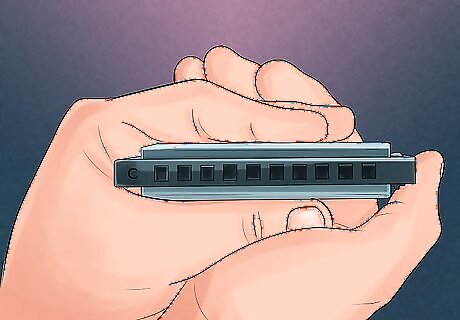
Place your right thumb in front of the harmonica for control or comfort. If your thumb is uncomfortable or you’re having trouble controlling the harmonica, try placing your right thumb in front of the instrument’s high notes. Just make sure to move it when playing on the upper part of the scale.
Altering the Sound of Notes
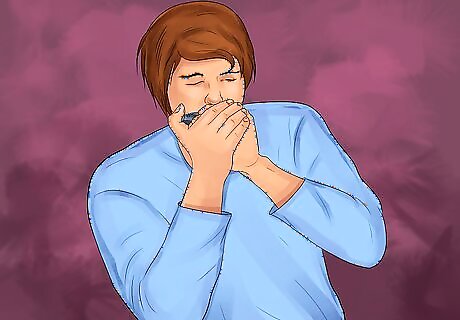
Hold your right elbow in. When playing, make sure to hold your right elbow flush against your side. This will help prevent arm, shoulder, and neck strain, as well as give you greater control over your hand techniques.
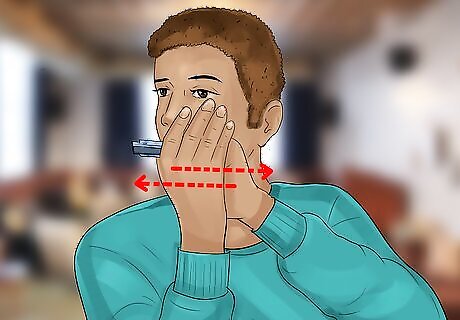
Slide your harmonica to change notes. To change from one note to another, slide the harmonica right or left in your mouth. Most harmonicas will have between 10 and 16 notes to create sound, though specialty harps may have more. Most consumer harmonicas are locked to one key with note variations made by changing how you blow.

Keep your hands closed to create low tones. Play the harmonica with your hands fully closed to create low, bass-heavy notes. The tighter your hands are, the more bass-like the note will sound. This technique is used heavily in blues music.
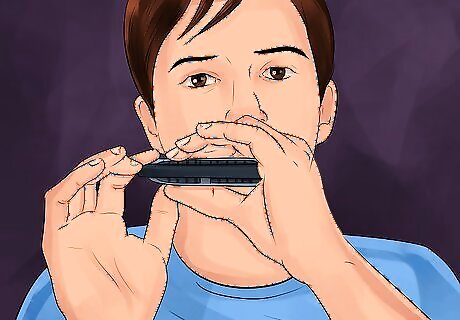
Open your hands to create high tones. To play higher, brighter-sounding notes, open your hands to let more air escape. Instead of sad, muted tones, this will give you the bright, bouncy ones used throughout folk music.
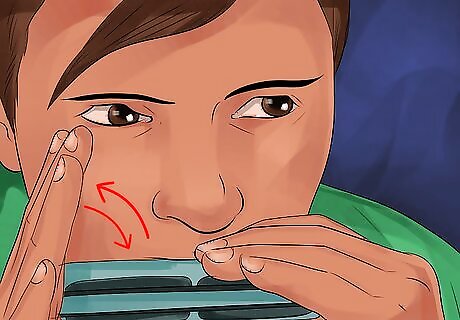
Open and close a section of your hand to create wah wahs. To create the classic warbling sound harmonicas are known for, move your right hand to create a small passage where air can escape. When you rapidly open and close this passage, you will create wah wah sounds. Some areas to open your hand include: Behind the harmonica, done by slightly twisting your right hand. On top of the harmonica, done by extending the fingers on your right hand. Below the harmonica, done by bottoming out your right wrist.
















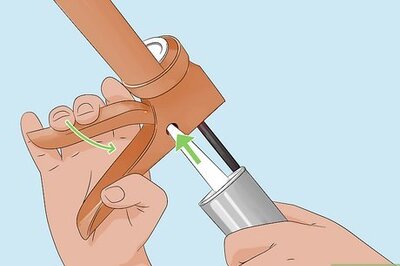


Comments
0 comment